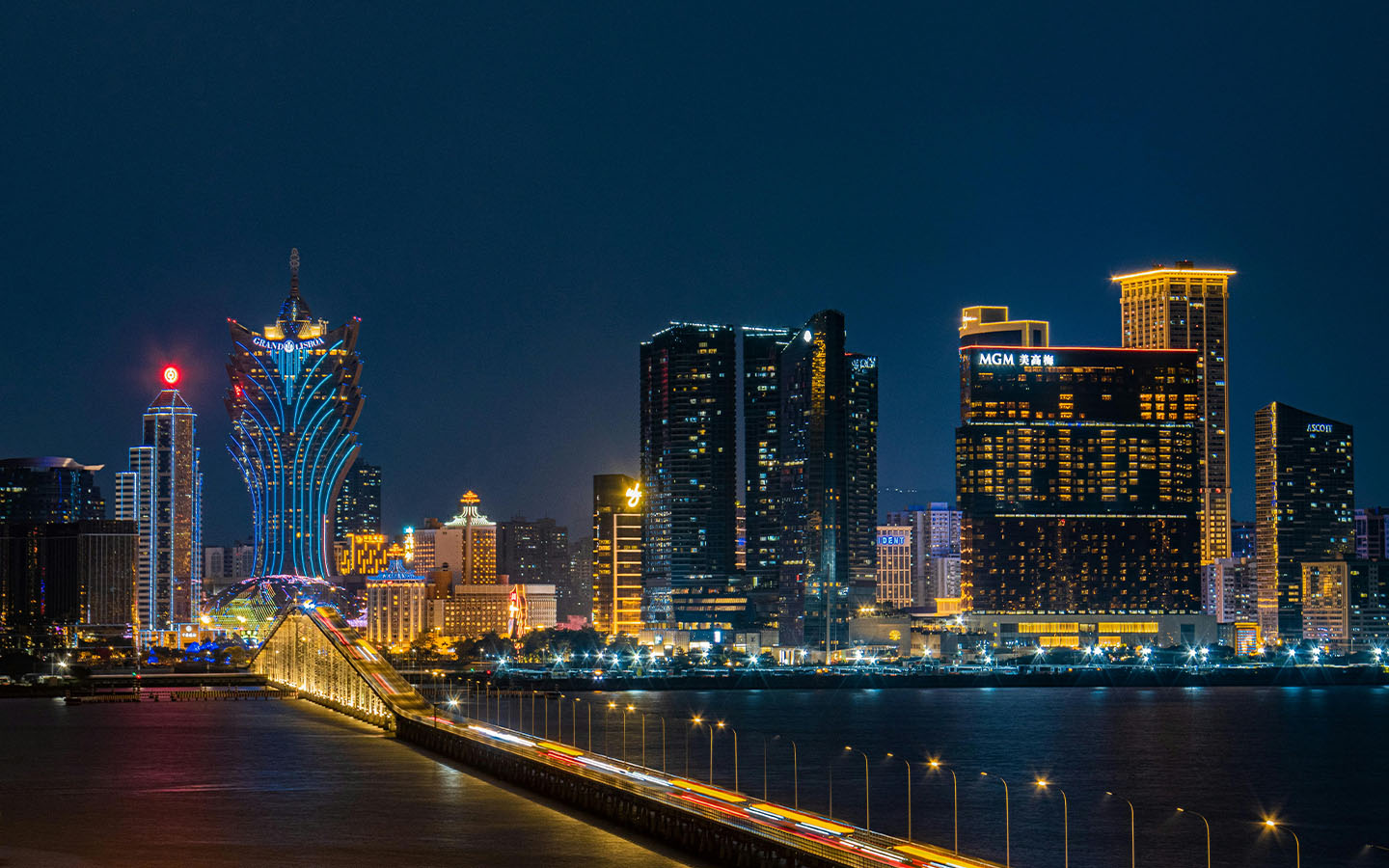By Christopher Chu
Copyright macaonews

CLSA has revised its outlook for Macao’s gaming industry after the brokerage house raised its renminbi (RMB) forecasts on the back of continued dollar weakness into next year.
Following a better than expected revenue intake during the month of August, investment analyst Jeffrey Kiang sees gaming momentum carrying into the final quarter of 2025, forecasting September gross gaming revenue (GGR) of 18.9 billion patacas (US$2.4 billion), representing a 10 percent increase from a year earlier and a fourth consecutive month of double digit gains for the six concessionaires.
The current revenue run rates appear sustainable based on the yuan’s strength, notes Kiang in comments sent to Macao News. Following a 16 percent expansion during the two-month period between July and August, the CLSA analyst upgraded his GGR forecast by 1.3 percent to US$30.6 billion for an industry EBITDA (earnings before interest, taxes, depreciation, and amortisation) of US$8.4 billion, an increase of 7 percent from last year. GGR for 2026 was also revised up by 3.5 percent to US$31.8 billion.
[See more: What’s in store for Macao’s GGR? Here are 3 factors worth monitoring]
An appreciating RMB has historically portended well for Macao’s integrated resorts, where more than 70 percent of visitors come from mainland China. Easing visa restrictions to Macao, alongside a precipitous drop in visitors to popular destinations, like Thailand have translated into continued tourism flows into the city.
Macao’s tourism trends are expected to carry over into the first week of October, when National Week coincides with the Mid-Autumn Festival, which was celebrated in September last year. Room rates are higher than they were a year ago, according to CLSA research, adding that 33 of 38 hotels monitored no longer have any vacancies during the Golden Week holiday.
Target price increased
In a market survey conducted by CLSA’s China Reality Research (CRR) unit, among those participating, 47 percent said that they would increase their gaming budget if the RMB continued to appreciate against the Macao pataca (which is indirectly linked to the US dollar). Meanwhile 54 percent said that they would increase their table bets if their salaries improved while 42 percent would do the same if the stock market performed better, underscoring the wealth effect factor as Macao’s gaming halls prepare for a busy week next month.
Only 18 percent of those surveyed said that they would increase their gaming allowances if property prices rose, an interesting finding since it comes as most analysts are pointing to a recovery in China’s real estate market as a major catalyst to lift consumer confidence and rerate the gaming sector. Despite Beijing reporting softer than expected retail sales of 3.4 percent in August, an industrial profitability index introduced by CLSA expanded further in July, suggesting a continued pickup within a six-month time frame.
[See more: Macao could be in for a record tourism performance in 2025, says academic]
On the back of the currency outlook, CLSA lifted the sector’s market multiplier and upgraded target prices for the six concessionaires. Kiang’s top picks include Galaxy Entertainment and MGM China, given solid market share position and balance sheet potential to raise dividend payout ratios.
The gaming analyst projects a free cashflow yield of 9.6 to 11.5 percent per annum for MGM China from 2025 to 2027 while Galaxy Entertainment achieves a free cashflow yield of 4.0 to 5.3 percent per annum over the same period. Kiang is also positive on Sands China, arguing that its capital expenditure cycle peaked during the first half of the year following the completion of Londoner Macau Phase 2, positioning the balance sheet to issue dividends in 2027 that match their 2018 levels.



